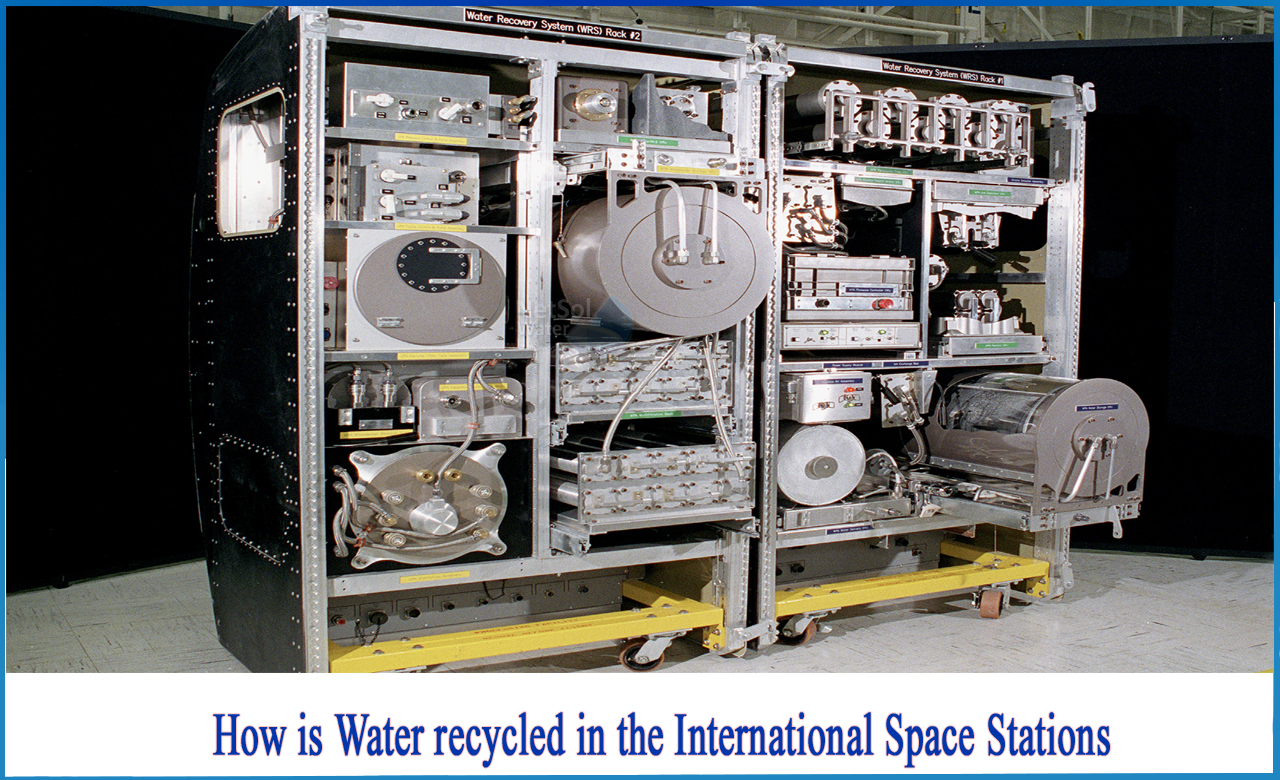How is Water recycled in the International Space Stations?
Going into space necessitates a great deal of planning. Astronauts may appear to be superhuman, yet they require the same necessities as everyone else in which water is included.
The International Space Station is a completely closed system that must operate without intervention from outside sources. It would be extremely difficult to bring requirements to the station on a daily basis, particularly items that are regularly required, such as water.
Why should werecycle water?
Water is essential for the survival of all living species, from the smallest bacteria to the largest jungle predators, as well as all plants on Earth. People, of course, require water even when traveling or working in space. Because water is thick, even a small amount of it is heavy. This makes sending water from Earth to space prohibitively expensive. As a result, astronauts, such as those on the International Space Station (ISS), must develop ways to reuse the water that they already have. Water reclamation is another term for the process of recycling wastewater.
Water Reclamation in the space
Water reclamation is critical to space travel as we know it, and it would be a "must" if we ever got to the stage of sending people to live on extra-terrestrial colonies for extended periods of time.
How is water reclaimed in the space stations?
The International Space Station (ISS) includes an entire system dedicated to recycling water for the astronauts on board. Wastewater (dirty, used water) is essentially captured, filtered (cleaned), and then made available for re-use. A closed-loop system is one that automatically continues in a cycle like this over and over again.
What is a Closed-Loop system of the International Space Stations?
According to NASA, the International Space Station has a closed-loop system dedicated entirely to water recycling. Astronauts collect wastewater; even moisture from breathing might be collected. Contaminants and pollutants are removed by filtering, resulting in potable water. This water is used to rehydrate meals, bathe, or drink. Recycled water is frequently cleaner than much of the fresh water that people drink.
Water Recycling Unit
The Environmental Control and Life Support System regulates water recycling aboard the International Space Station (ECLSS). This mechanical system supplies clean air and water to the ISS crew and laboratory animals. The Water Recovery System is a component of the ECLSS that regulates water reclamation. The ECLSS is extremely efficient, recycling up to 90% of the fluid recovered from ISS sinks, showers, toilets, and air condensation.
Conclusion: The Importance of Water Recycling on Earth
Because fresh water accounts for less than 2% of the world's water supply, water recycling can help the globe attain sustainability. The amount of potable water on the globe is limited, thus future generations will have to rely on recycled water. Using recycled water to irrigate landscapes, flush toilets, and in other locations, will assist to ensure a continuous supply of potable water for drinking, cooking, and other essential applications.
What do we offer?
Netsol Water is a renowned producer of water and wastewater treatment plants. We have a reputation for being the top commercial RO plant manufacturer, industrial RO plant manufacturer, sewage treatment plant manufacturer, effluent treatment plant manufacturer, and much more. We believe and are based on Sustainability and remediation of water resources. Aside from that, our USP is 24x7 customer assistance.
For further inquiry, or product-purchase-related questions, give us a call on +91-9650608473 or email at enquiry@netsolwater.com.



